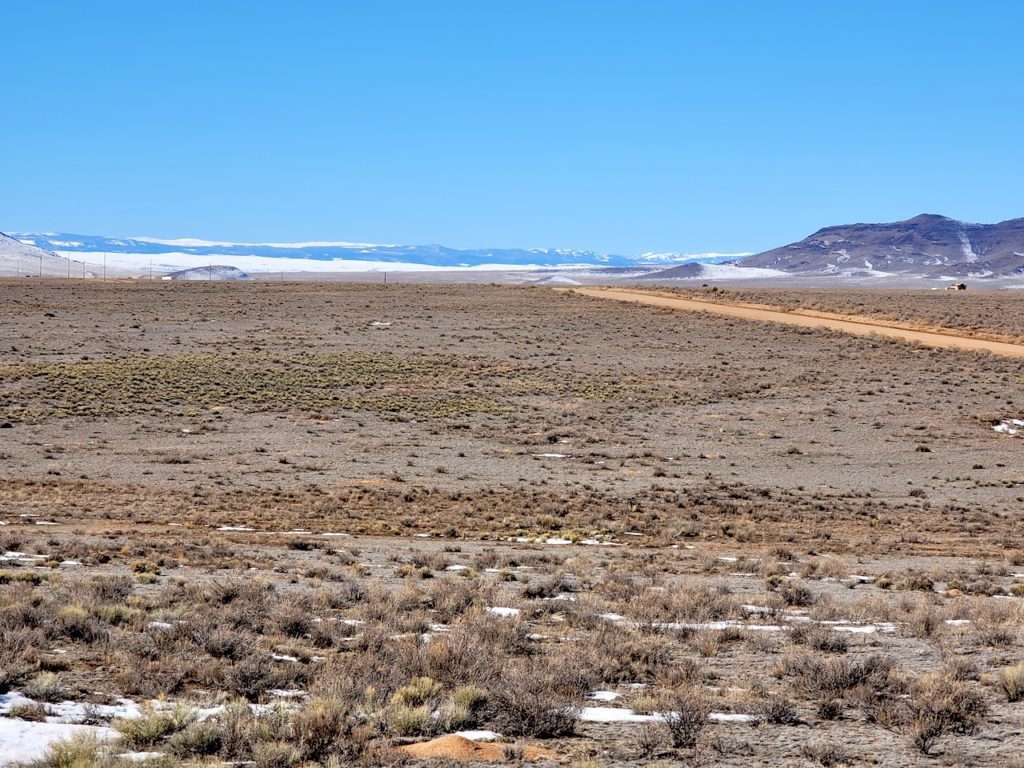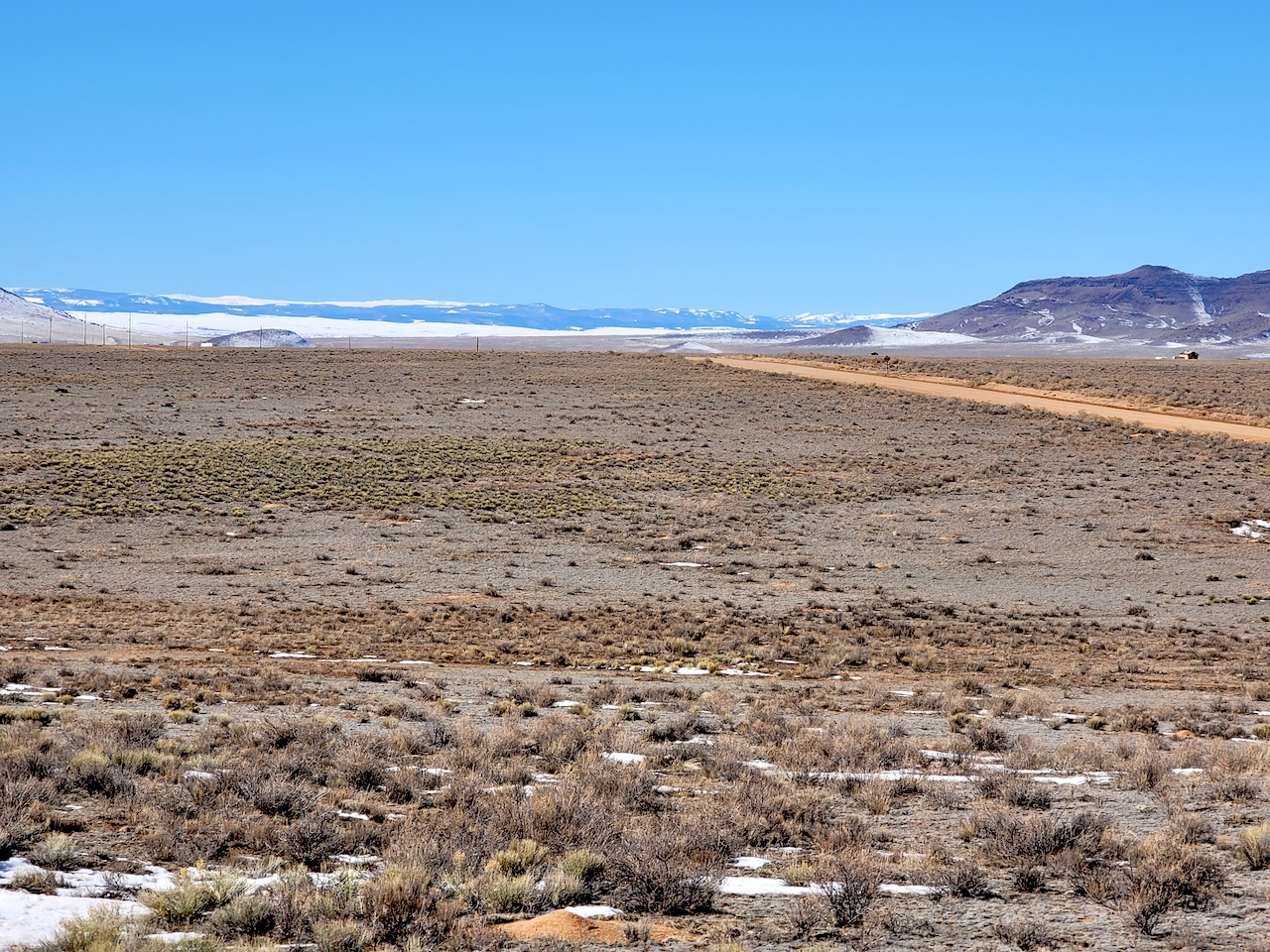What you need to know when buying vacant land: Tips & Tricks for your next purchase

Buying vacant land for sale in Colorado can be an exciting and profitable investment, but also a risky one. The key to getting the most out of your Colorado real estate purchase is being educated about the process and knowing what you’re buying.
In this blog post, we’ll discuss some tips for shopping for vacant land in Colorado, as well as ways to save yourself from making costly mistakes when buying it.
What to Look for When Buying Vacant Land for Sale in Colorado:

Location & Accessibility
There are many things that you’ll want to take into consideration when purchasing raw land for sale, including where the property is located and its access to utilities.
You’ll want to make sure that the lot is in a desirable area, close enough to a wide range of amenities and opportunities. It’s also important to check for access to water, electricity status, telephone service, natural gas or propane, and sewer.
Land accessibility is another factor definitely worth examining – does the property offer easy access by road? Will it be accessible during the different seasons throughout the year? If so, this could save significantly on development costs down the line.
Building Potential
To start mapping out the land’s potential for construction, it’s a good idea to see if any local laws or regulations will restrict where you can build on your lot.
Be sure to check for any applicable zoning before beginning to build. Some county or city requirements may include that all new construction be built at least 500 feet away from water sources like rivers and streams.
In addition, keep an eye out for areas that have been flagged as environmentally sensitive; these spots can’t be developed under most circumstances.
How Much Land Do I Need?
The answer depends on what your plan is for your new land! The lot size you need will greatly depend on whether you want to use it for residential development, commercial, farm land/rural subdivision, or recreational use.
If you’re looking for some quality horse property or a place with plenty of fishing and hunting options nearby, then it doesn’t make sense to buy a 100-acre property if all you really need is 5 acres or so.
You’ll also need to take your budget into account for two main reasons: the cost of the land and the cost of developing that land. Land prices vary greatly depending on the location, lot size, property type, and zoning restrictions.
Preparing the land for construction can also require a nice chunk of change. This is especially true if you need to clear the land of trees and prepare the ground for foundations, utility lines, or roads.
Mineral & Surface Rights
When buying land, something you may not be aware of is that there are two different types of rights that may be included in land ownership. These rights are surface rights and mineral rights.
A property owner can own all the surface including buildings, ponds, and trees, but not the underground resources such as oil, gas, or minerals.
Under United States law, landowners possess both the surface and mineral rights unless they decide to sell the mineral rights to someone else. It’s important to take this into account before you finalize a land purchase, so you know what you’re getting.
Is Buying Land in Colorado a Good Investment?
If you’re currently looking for some undeveloped Colorado land for sale, then there’s no doubt that you’ve asked yourself whether it will be a good investment or not. As mentioned above, land investing can be a bit risky. Land real estate is quite different from the housing market.
However, if you’ve looked into all the points above and have your finances in order, then buying vacant land in Colorado is a rock-solid choice — especially with its lower-than-average state taxes, high quality of life, endless attractions, beautiful scenery, and a wide variety of outdoor recreation such as hunting and fishing.
The Importance of Doing Your Homework:
At the end of the day, it’s always going to be important to do research before buying vacant land, so you know what exactly you’re getting into.
The more time spent studying up on Colorado land ownership laws and regulations, location, accessibility, and land ownership rights, the easier (and cheaper) it is going to be once you finalize your land purchase.










